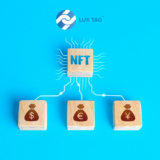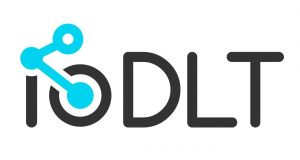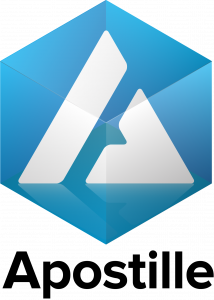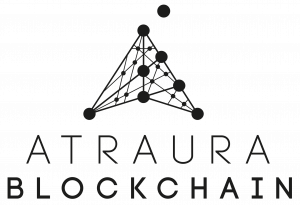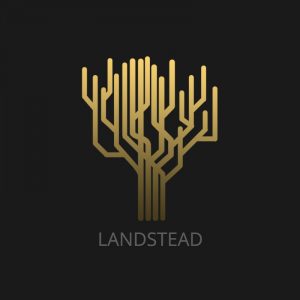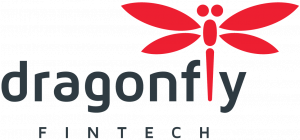Blockchain technologies poised to have significant benefits for the New Zealand economy
Distributed ledgers and blockchain are anticipated to provide a significant positive uplift to the New Zealand economy, according to a new report published today.
Distributed Ledgers and Blockchains Report. December 2018 (PDF, 910.5 KB)
Published with support of the Choice project, first appeared on Callaghan Innovation
In the report, Distributed Ledgers and Blockchains – Opportunities for New Zealand, author Joshua Vial from Enspiral, found that these emerging technologies would likely have a positive impact on high-tech jobs and digital exports for New Zealand.
Recognising the interest and investment in blockchain internationally, Callaghan Innovation and blockchain venture studio Centrality commissioned the report to provide Kiwi businesses and innovators useful insights into this emerging technology. The Ministry of Business, Innovation and Employment (MBIE) contributed an equal proportion of funding to the research. The report does not represent policy advice.

Distributed Ledgers and Blockchains. Opportunities for Aotearoa New Zealand
“Technology is now New Zealand’s third-biggest export sector, bringing in more than $16 billion a year in overall revenue, with plenty more headroom for further growth,” says Erica Lloyd, General Manager, Market Engagement and Experience at Callaghan Innovation. “Technological innovation is the path to lifting our earnings and productivity.”
“We expect this report will ignite further discussion on the potential of emerging technologies like blockchain and distributed ledgers. Although we are still at the early stages, there are substantial opportunities for us to both understand and apply blockchain towards sustainable and ground-breaking innovation that can support our economy.”
General Manager of Strategic Partnerships at Centrality, Andy Higgs, said the report provided useful analysis of the significant opportunities that exist for distributed ledger and blockchain technologies.
“Blockchain presents a huge opportunity, with over $11 billion USD raised through initial coin offerings (ICOs) in the first half of 2018. New Zealand has a chance to lead the way, thanks to our sense of fairness and social inclusiveness, to ensure all New Zealanders benefit from the full potential of blockchain and decentralisation.”
Note to Editors
The report defines a distributed ledger as a set of data replicated across many networked computers. Ideally, computers in the network are in different locations and spread across many countries. A distributed ledger uses protocols so changes are consistently replicated to each computer and the data converges to an agreed known state.
Blockchain technology is one type of distributed ledger. A blockchain ledger is immutable, which means data cannot be removed or changed once it is published. The ledger uses economic incentives to coordinate and drive the adoption of the ledger.
Report author Joshua Vial is from Enspiral, a network of entrepreneurs working collaboratively to grow impact driven entrepreneurs and businesses. Joshua is an entrepreneur, educator and programmer focused on social impact.



